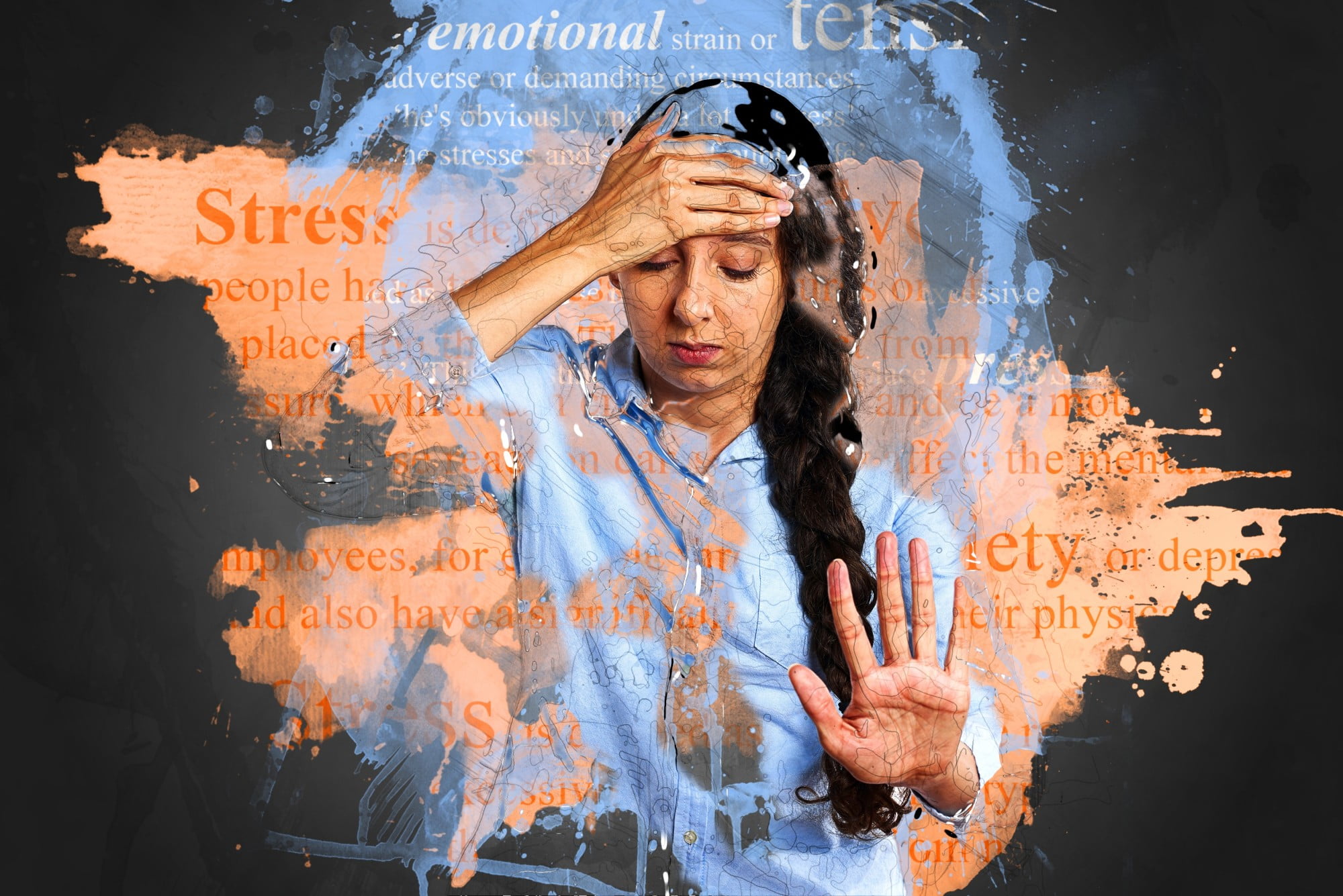Are you feeling exhausted but can’t pinpoint the reason?
Your body may be under more stress than you think. Stress and anxiety are two ailments that create a vicious cycle. Once they creep into your life, they can hold you down and make daily life hard to navigate.
But how do you tell the difference between anxiety vs stress? How can you know when anxiety signals need to be heeded and when it’s just stress?
In order to break stress and anxiety on our own, we need a way to differentiate between the two. Read on, and we’ll walk you through the difference between anxiety and stress.
The Difference Between Anxiety vs Stress
Anxiety and stress are two separate but related conditions. Anxiety is a feeling of worry, nervousness, or unease, often in response to a perceived threat.
Stress is a state of mental or physical tension resulting from adverse or demanding circumstances. While anxiety and stress can adversely affect our health, there are some key differences between the two.
Anxiety is characterized by constant, unproductive worry and fear. On the other hand, stress is the body’s response to a specific trigger, such as an upcoming deadline or a demanding boss.
Stress can be helpful in small doses, motivating us to meet a challenge. However, when stress is constant, it can take a toll on our physical and mental health.
Anxiety and stress can cause physical symptoms, such as increased heart rate and muscle tension. However, anxiety can also cause more specific symptoms, such as panic attacks, phobias, and obsessive-compulsive disorder.
Treating anxiety involves medication and therapy. Meanwhile, stress can be treated with medication, therapy, and lifestyle changes.
How to Tell if You’re Stressed or Anxious?
If you’re constantly worried or on edge, it might signal that you’re stressed or anxious. Other common symptoms include feeling overwhelmed and hopeless or having trouble sleeping. You might also experience changes in appetite and withdraw from activities you used to enjoy.
Everyone experiences stress and anxiety from time to time. Still, if these feelings are interfering with your daily life, it might be time to seek help from a mental health professional.
How to Deal With Stress and Anxiety?
When it comes to stress and anxiety, these are a few tips you can do to help yourself feel better. First, it can be helpful to understand what is causing your stress and anxiety. You can start to take steps to remove or reduce those things from your life once you know the cause.
Additionally, relaxation techniques can be very helpful in managing stress and anxiety. Some examples of relaxation techniques include deep breathing, yoga, and meditation.
Finally, eating a healthy diet and getting enough sleep can help reduce stress levels. If these tips don’t work and you still struggle to cope with stress and anxiety, you must talk to a doctor or mental health professional.
Be Free From Stress and Anxiety!
It’s essential to understand the difference between anxiety vs stress so that you can better manage both. If you’re feeling overwhelmed, take a step back and assess whether it’s anxiety or stress that you’re feeling.
Stress is a normal reaction to a situation perceived as dangerous, whereas anxiety is a more general feeling of unease or worry.
Both can cause physical and mental symptoms, but anxiety is more likely to cause long-term health problems. If you’re feeling anxious or stressed, you must talk to a doctor or mental health professional to get help.
Is this article helpful? Then, check out our website for more informative content.




